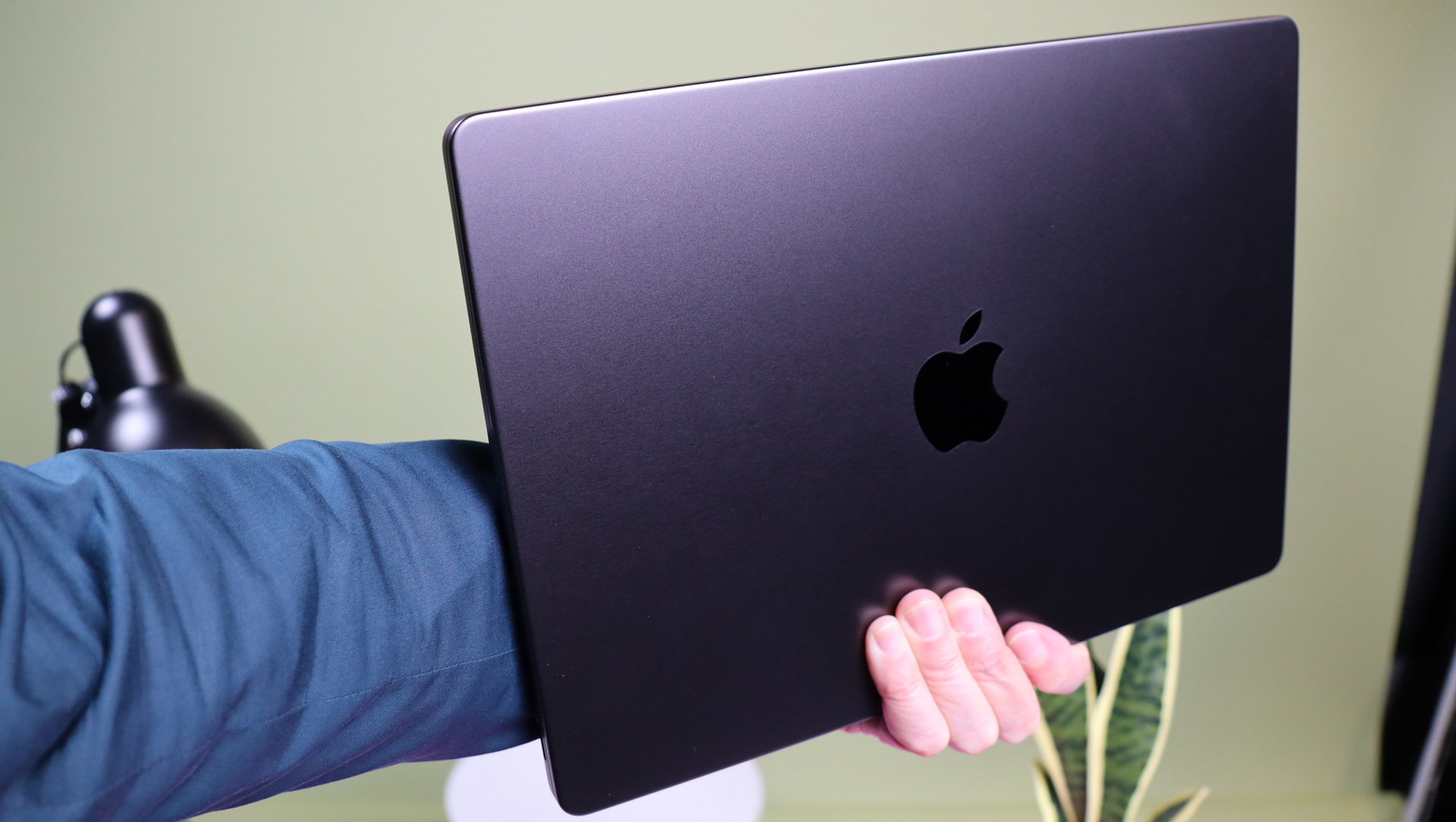MacBook Pro M5 next year might be disappointing as rumor suggests the real fireworks are coming with MacBook Pro M6 with OLED in 2026
MacBook Pro 2026 could be fully redesigned and thinner with OLED – and much faster with M6 chip

Apple’s MacBook Pro for next year isn’t going to be particularly groundbreaking, at least not compared to the fully revamped version due in 2026, rumored to come complete with that major OLED screen upgrade, and a serious uplift for performance with the M6 chip, too.
Mark Gurman’s latest instalment of ‘Power On’ is the source of this juicy MacBook rumor, but if you check the online newsletter at Bloomberg, you won’t see the speculation, as only subscribers get to peruse the answers to Gurman’s post game Q&A at the end of the piece.
One of the questions pitched to the leaker is: “Should I wait for next year’s MacBook Pro to upgrade?” And the short answer is that if you’re expecting a revamped model for 2025 after a relatively modest overhaul for the 14-inch and 16-inch flavors this year – mostly based on the new M4 SoC – you may be disappointed.
Gurman replies to the question to note that “the MacBook Pro probably won’t get another true overhaul until 2026,” with Apple looking at a five-year cycle for redesigns of the laptop (rather than four years as has been the case in the past).
The MacBook Pro 2026 will likely be the move to OLED (finally) and a thinner chassis.
So, Gurman tells us that he believes the MacBook Pro for next year will be “mostly about the chip (again)” except in this case, we’ll obviously be looking at the M5 and its Pro and Max versions. Apparently, development of those CPUs is already nearing completion, the leaker informs us.
With the M6 chip in 2026, Apple will shift to a 2nm process, and we can expect a major boost from that, whereas the M5 will represent a modest uplift in performance compared to the M4.
Get daily insight, inspiration and deals in your inbox
Sign up for breaking news, reviews, opinion, top tech deals, and more.
In short, then, the MacBook Pro 2026 is the laptop to watch, possibly toting a full redesign, thinner body, new OLED screen, and M6 processors which are much more powerful than their predecessors.

Analysis: OLED and thin-for-the-win
So, if you’re not tempted by the MacBook Pro M4 models that are about to be unleashed – perhaps because you have an M3-powered laptop already, and the new flavors won’t be a huge difference – then the laptops for 2025 likely won’t persuade you to pull the trigger on an upgrade either. At least if Gurman is right – and there’s an element of caution in his writing, with qualifiers like ‘probably’ and so on – you’ll be waiting for 2026, and there’s other evidence on the grapevine that this is likely the case.
In fact, for some time now, the rumor has been that Apple is looking at 2026 to bring OLED to the MacBook Pro, and some of the regular leakers on all things Apple have recently said that they expect the 2025 model of the MacBook Pro to stick with Mini-LED. (As MacRumors points out, they include reliable display-related leaker Ross Young).
An OLED screen will help to ensure the MacBook Pro is more svelte, and so it makes sense that we’ll be getting a thinner laptop as part of this full redesign, too – especially given Apple’s renewed focus on thin-for-the-win. Gurman has already predicted that thinner MacBooks are in the works, after Apple released its ‘thinpossible’ iPad Pro (with OLED).
We should note that the MacBook Pro M4 does make improvements with the display – and some quite nifty ones – and doubtless the MacBook Pro M5 next year will not be a complete fizzle either. However, there’s already a consistent level of buzz on the grapevine to suggest that the real fireworks are coming with the MacBook Pro M6 in 2026.
The suggestion, then, is that if you can’t wait until 2026, you may as well upgrade now rather than seeing what next year brings.
You might also like
Darren is a freelancer writing news and features for TechRadar (and occasionally T3) across a broad range of computing topics including CPUs, GPUs, various other hardware, VPNs, antivirus and more. He has written about tech for the best part of three decades, and writes books in his spare time (his debut novel - 'I Know What You Did Last Supper' - was published by Hachette UK in 2013).